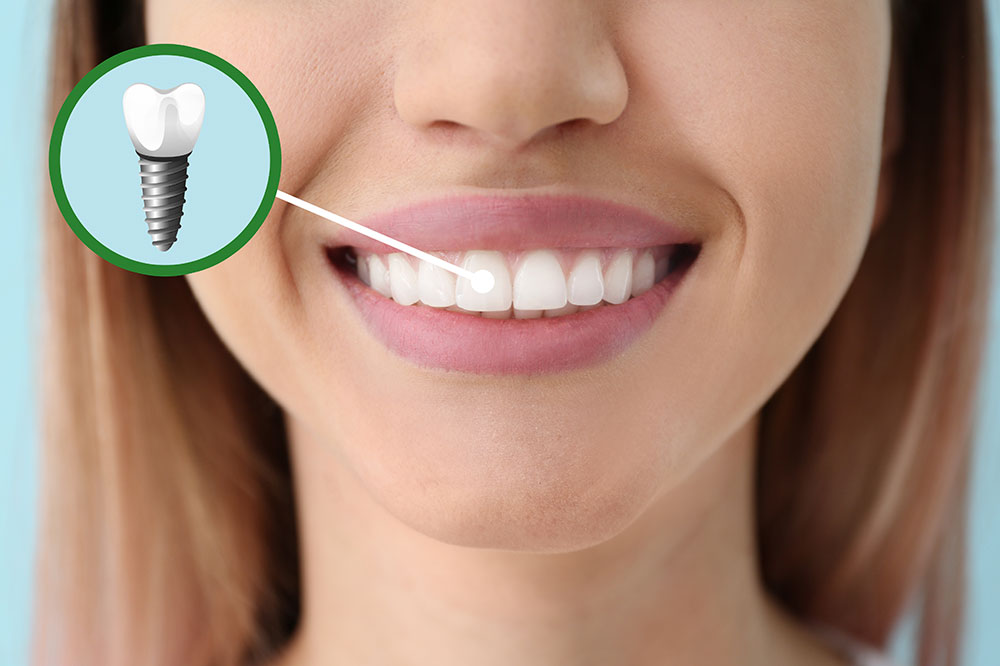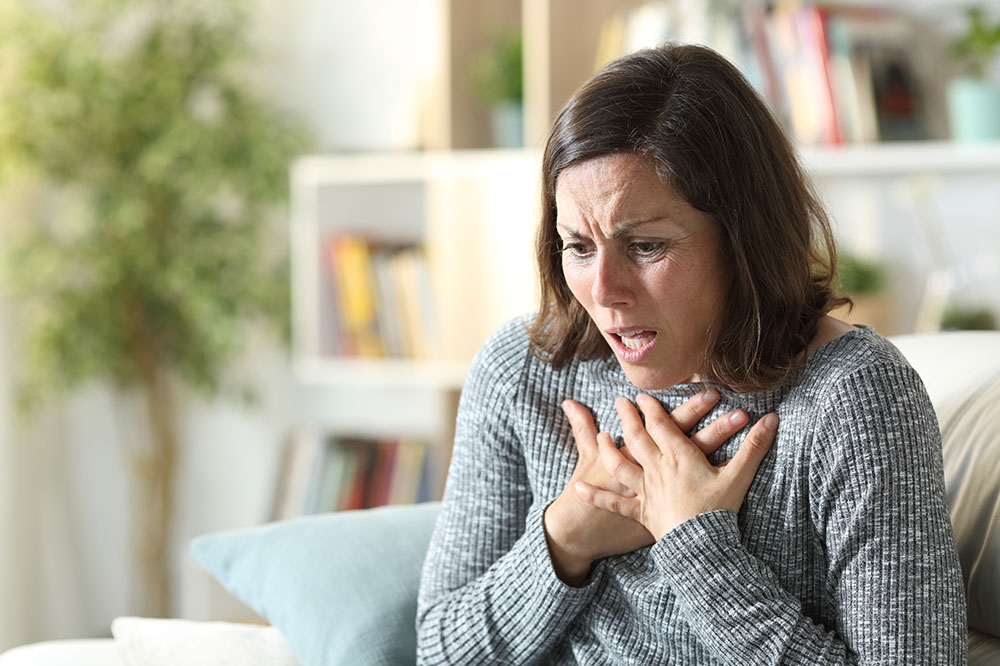Understanding Eczema – Symptoms, Causes, Types, and More

Being the body’s outermost layer, the skin is exposed to external factors and is highly sensitive. Eczema is a skin condition involving skin inflammation, causing the development of patches, itchiness, roughness, and scales. Typically, patients with eczema experience intermittent spells of relapse. The disease is common among children and adults and requires lifestyle changes alongside conventional treatment. This article discusses eczema’s types, causes, symptoms, and treatment options and offers some lifestyle tips:
Types of Eczema
Atopic dermatitis
Atopic dermatitis (AD) is the most prevalent type of eczema and typically occurs in phases over the years. This condition often develops in childhood, involving rashes, itchiness, and skin sores. Individuals with AD may also experience hay fever and asthma.
Contact dermatitis
This eczema results from an allergic reaction to an irritant, such as cosmetics, jewelry, and soaps. Although contact eczema lasts longer than other eczema types, its symptoms – including rashes, scaly skin, hyperpigmentation, skin dryness, and inflammation – can be harrowing. Patients with contact dermatitis experience instant relief upon ceasing to use the irritant.
Stasis dermatitis
Stasis dermatitis involves eczema on the lower legs, particularly the ankles, due to poor blood circulation. Some causes of stasis dermatitis include varicose veins, hypertension, and lack of physical activity. Individuals with this type of eczema undergo symptoms like swelling of the legs and difficulties with walking.
Neurodermatitis
Neurodermatitis is characterized by itchy skin and rashes on specific areas of the body. Several individuals with this condition report experiencing particularly severe itching in these body parts at night or while resting. High-stress levels and anxiety can also trigger and worsen the itchiness.
Nummular eczema
Nummular eczema or discoid dermatitis involves circular patches that may bleed and itch, causing discoloration. It may be triggered by contact dermatitis or caused by insect bites, burns, injuries, etc.
Seborrheic dermatitis
This type of dermatitis often involves flaky and itchy skin on the scalp. However, it can sometimes affect other parts of the face, such as the eyelids, ears, and nose; rarely, it also occurs on the chest, back, armpits, and groin. It can also be accompanied by nummular eczema and entails symptoms like dark-brown rashes, severe itchiness, and white or yellow scales.
What causes eczema?
Genetic predisposition
Several studies have associated genetic mutations to the gene SPINK5 as a cause of eczema. Mutations to the FLG gene – responsible for the production of a protein called filaggrin, which strengthens skin cells and protects the skin against allergens – are also linked with the onset of this condition.
Irritants
Irritants like detergents, cosmetics, jewelry, and certain fabric types can also trigger eczema. In such cases, steering clear of the irritant can instantly cure it.
Aging
Collagen formation and epidermal cell replacement reduce with age, causing wrinkles and increasing one’s susceptibility to skin issues, including eczema.
Stress
Elevated stress levels are associated with increased cortisol secretion, which can cause oily skin and trigger eczema.
Extreme temperatures
Extremely hot or cold temperatures can also trigger or worsen eczema. Excessive air moisture during winters and skin discomfort during summers are often significant factors contributing to the condition.
Common symptoms
Itching
Itchiness is one of the most common eczema symptoms, typically occurring in rashes or scales. Scratching the affected area can exacerbate the situation.
Skin dryness and inflammation
A lack of moisture causes dry skin among patients with eczema. The condition also causes skin inflammation, resulting from the skin’s resistance to factors triggering eczema.
Rashes
Gray, brown, pink, or black rashes may appear on the skin due to eczema. These rashes may appear on different body parts, such as elbows, the back of the knee, the neck, and the chest. These are often accompanied by scaly patches.
Skin thickening
The area affected by eczema often becomes thicker with time and worsens with scratching. The thickness of the skin surface is the body’s mechanism to protect itself from the condition.
Hayfever and asthma
Eczema, particularly atopic dermatitis, is often accompanied by hay fever and asthma. Some studies have demonstrated the existence of a common genetic origin among these conditions, causing their coexistence.
Skin bleeding
Skin inflammation during eczema results in the dilation of blood vessels, causing the oozing of serum and, sometimes, blood. Dry, flaky skin can trigger bleeding in some severe eczema cases.
Treatment options
Moisturizers
Lack of skin moisture is one of the leading symptoms of eczema. Thus, it is important to incorporate good moisturizers in your eczema skin-care routine. OTC creams and moisturizers containing glycerin, aloe vera, petrolatum, vitamin E, oat, niacinamide, etc., are ideal.
Ointments
Mild ointments rich in mineral oil or petroleum jelly (such as Vaseline) are highly effective in soothing eczema-affected skin.
Bleach baths
Research has demonstrated that bathing in mildly bleached water can provide considerable relief from eczema. Add a teaspoon of bleach per gallon of water and soak your body in this solution for 5-10 minutes. Apply a moisturizer immediately after bathing.
Lifestyle tips
Watch your food intake
One should consume nutritious anti-inflammatory foods like fatty fish, yogurt, and sauerkraut, flavonoid-rich foods like tomatoes and bell peppers, green vegetables like kale and spinach, and fruits like apples and blueberries. Some patients with eczema are allergic to nickel. Avoid consuming nickel-rich foods like cashews, cocoa, and soy in such cases. It is also important to avoid processed meats, refined grains, and deep-fried foods. Several online resources provide eczema-friendly recipes using anti-inflammatory ingredients.
Wear comfortable clothing
Tight clothing and rough fabric can irritate the skin, worsening eczema. Wearing light, skin-friendly clothing made of cotton, wool, or linen can help avoid discomfort.
Avoid hot showers
Hot showers and baths can irritate the skin and increase the severity of eczema symptoms. The best bet is to have short baths with lukewarm water.
Use the right soap
Using the right soap goes a long way in regulating eczema symptoms. It is advisable to use fragrance-free, preservative-free products and avoid antibacterial soaps as they reduce skin moisture considerably.






